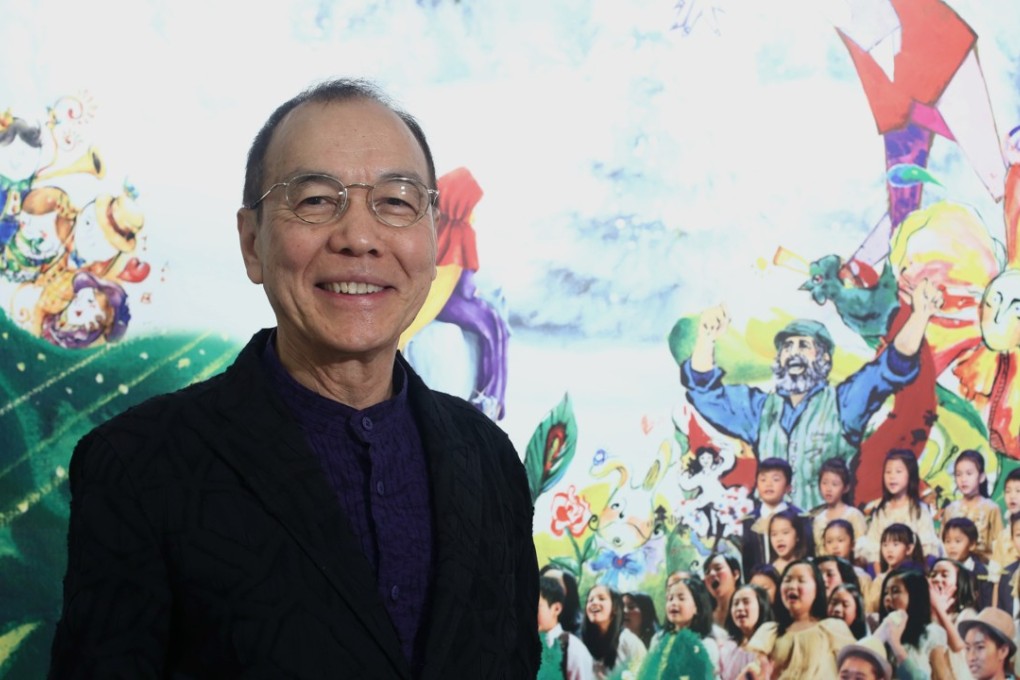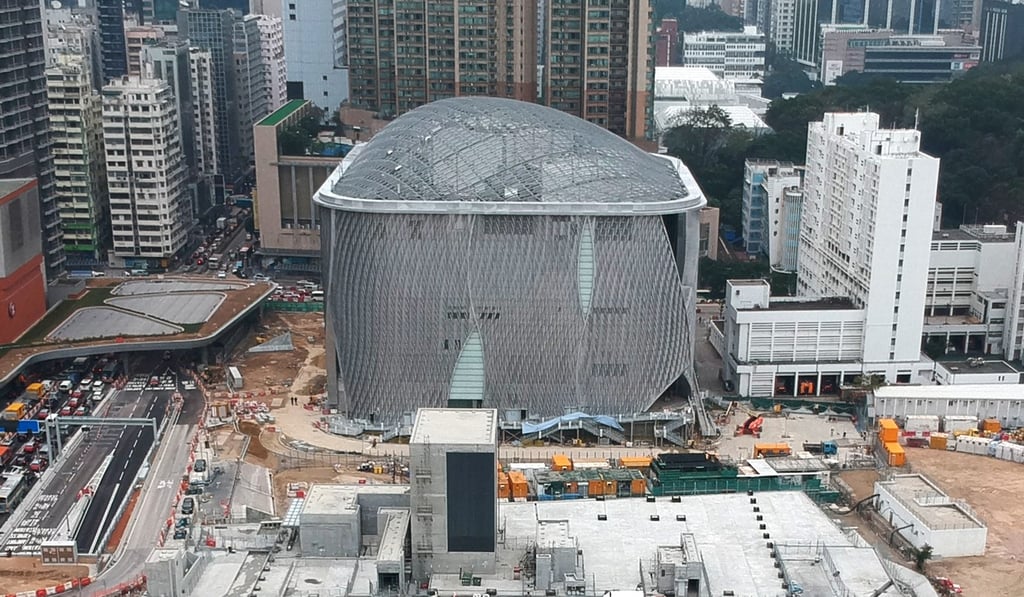Open Chinese opera venue to Western opera too, Opera Hong Kong chairman urges
With venues hard to find and first-year programme at Xiqu Centre in West Kowloon Cultural District mainly featuring Chinese opera, chairman of Opera Hong Kong wants its doors opened to Western art form as he seeks to grow audiences

The new chairman of Opera Hong Kong is calling on the West Kowloon Cultural District to open up its Xiqu Centre to Western opera.
Performing arts organisations have struggled for years with the unavailability of venues despite the city’s aspiration to be an major culture hub, and the first-year programme at the centre, which the Post has heard is more or less confirmed, features mainly Chinese opera performances.
Hong Kong Palace Museum to cast its net wide for exhibits, says its chairman Bernard Chan
“There is no plan for a [Western] opera house and we are still awaiting details of the future Music Centre in West Kowloon,” says Wong Kwai-lam, chairman of Opera Hong Kong and the former Asia chairman of investment banking at Merrill Lynch.
“Meanwhile, Hong Kong has to compete with other cities for talent, and having high-quality and diverse cultural offerings is essential. That’s certainly true in the world of banking, where the people we want to hire would prefer to live somewhere interesting.”

In February, Wong replaced architect and politician Edward Ho Sing-tin as chairman of the charity founded 15 years ago by tenor Warren Mok Wah-lun. Wong has been on the board since 2009.